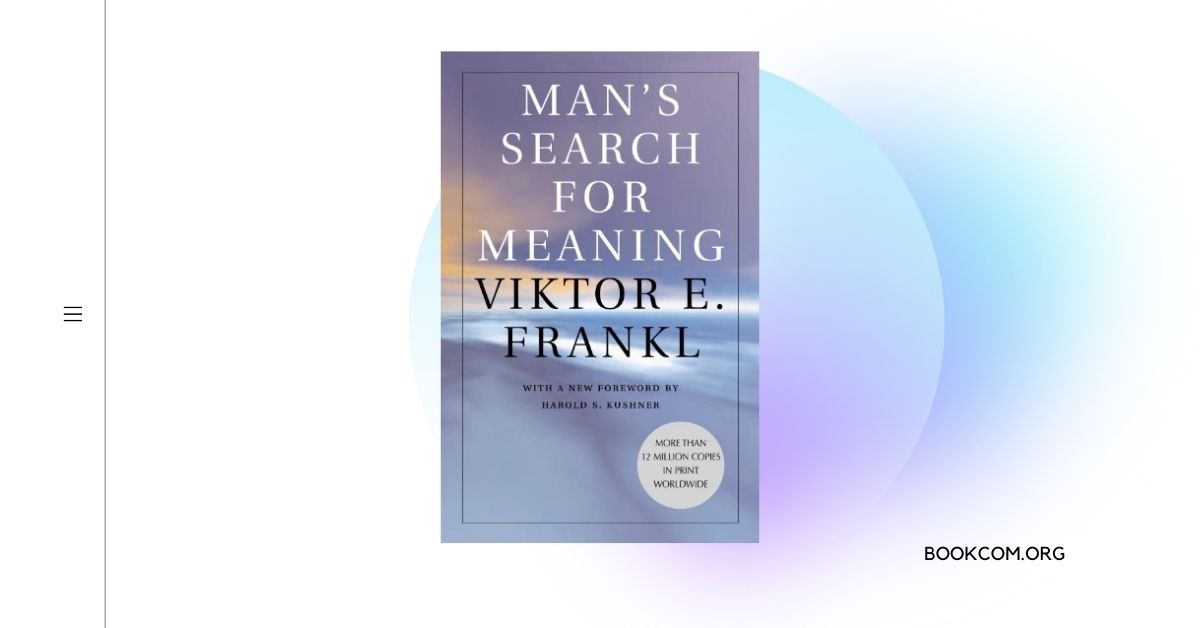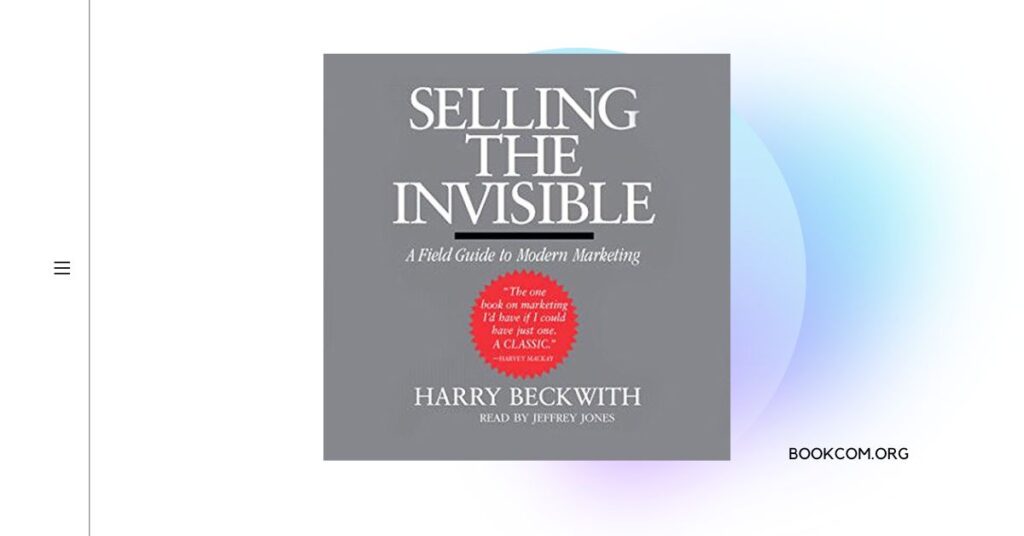“Man’s Search for Meaning” by Viktor E. Frankl is a powerful and thought-provoking book that explores the author’s experiences as a prisoner in Nazi concentration camps during World War II. Frankl, a psychiatrist and Holocaust survivor, delves into the fundamental question of the meaning of life and how individuals can find purpose and meaning even in the most challenging circumstances. In this book summary, we will delve into the key themes, notable concepts, and important takeaways from “Man’s Search for Meaning.”
Key Themes
Meaning and Purpose: The central theme of the book revolves around the search for meaning and purpose in life. Frankl argues that finding a sense of purpose and meaning is essential for human well-being and resilience, and that individuals can find meaning in various aspects of life, including work, relationships, and personal experiences.
Logotherapy: Frankl introduces the concept of logotherapy, a form of psychotherapy he developed that focuses on helping individuals find meaning in their lives. He highlights the importance of identifying and pursuing meaningful goals and values, as they provide a sense of purpose and fulfillment.
Freedom of Attitude: Another significant theme is the idea that individuals have the freedom to choose their attitude in any given situation, regardless of external circumstances. Frankl emphasizes that even in the face of extreme suffering, individuals can choose their response and find meaning through their attitudes and actions.
Notable Concepts
Existential Vacuum: Frankl discusses the concept of the existential vacuum, referring to the sense of emptiness and purposelessness that individuals may experience when they lack a clear sense of meaning in their lives. He argues that this vacuum can lead to various forms of mental and emotional distress.
Tragic Optimism: The book introduces the concept of tragic optimism, which suggests that even in the face of unavoidable suffering, individuals can maintain hope and find meaning. Tragic optimism involves accepting the realities of life while embracing a positive attitude and searching for purpose.
The Will to Meaning: Frankl highlights the innate human drive to search for meaning and purpose. He argues that this “will to meaning” is a fundamental aspect of human nature and plays a crucial role in one’s ability to cope with adversity and find resilience.
Important Takeaways
Finding Meaning in Suffering: “Man’s Search for Meaning” teaches us that even in the most unimaginable circumstances, individuals can find meaning and purpose. By focusing on personal values, relationships, and the opportunities for growth and contribution, individuals can transcend their suffering and find strength in the face of adversity.
Freedom of Attitude and Choice: The book emphasizes that while individuals may not have control over external circumstances, they have the freedom to choose their attitude and response to those circumstances. This freedom enables individuals to maintain a sense of dignity, purpose, and resilience.
Pursuing Meaningful Goals: Frankl encourages readers to identify and pursue meaningful goals and values in their lives. By aligning their actions and aspirations with what truly matters to them, individuals can experience a greater sense of fulfillment and purpose.
Also read:
Book Review: “Man’s Search for Meaning” by Viktor E. Frankl
For more information about the book, you can visit:



